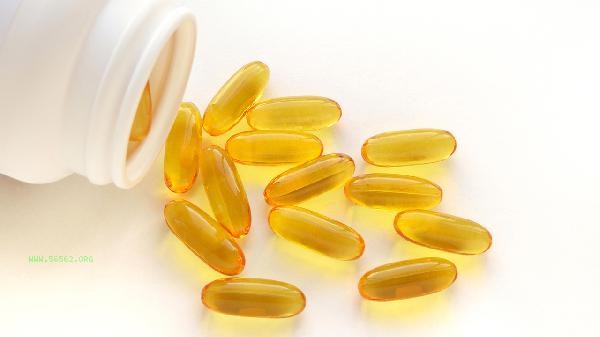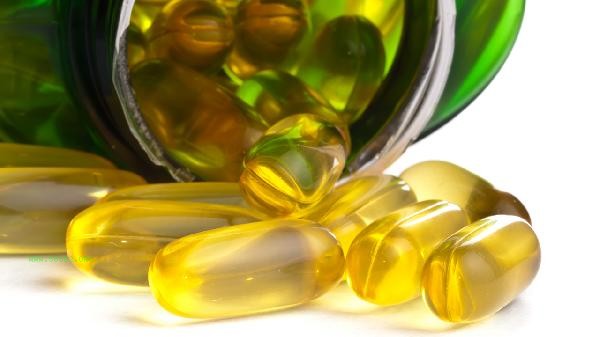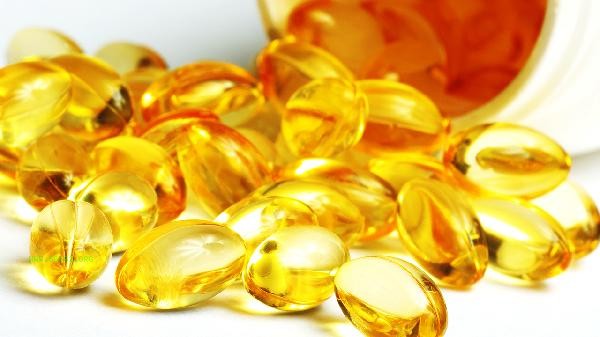The choice of fish oil or algae oil for supplementing DHA in infants depends on the feeding method. It is recommended to use algae oil DHA for breastfeeding and fish oil DHA for formula feeding. The main differences between the two lie in their sources, pollutant risks, and absorption efficiency.

Fish oil DHA is extracted from the fat of deep-sea fish and contains two components, EPA and DHA, which may carry the risk of trace heavy metal pollution. However, the DHA structure in fish oil is closer to that of breast milk and is suitable for infants who have been fed with complementary foods or formula. Algae oil DHA is directly extracted from fermented marine microalgae, with almost no EPA and extremely low pollution risk. Its plant-based DHA molecular structure is purer, making it suitable for direct supplementation to breastfed infants. Fish oil may have potential allergenicity due to marine pollution, while algal oil avoids this risk. The absorption efficiency of algal oil DHA is slightly higher than that of fish oil, but both can meet the needs of infant nervous system development. Fish oil DHA may have a slight fishy odor, and some infants may experience rejection reactions. Algae oil DHA is usually tasteless and easier to accept. The EPA in fish oil has no clear benefits for the cardiovascular system of infants, while algal oil completely avoids the risk of EPA overdose. Fish oil is suitable for infants who are allergic to algae, while algal oil is suitable for families who pursue a pure formula. When selecting, it is necessary to check the product purity certification to avoid choosing products containing additives.

It is recommended that parents choose DHA supplements based on their baby's actual feeding situation and prioritize purchasing products with third-party testing reports through legitimate channels. Breastfeeded infants can be directly supplemented with algal oil DHA, while formula fed infants can choose fortified DHA formula or fish oil DHA. Pay attention to the infant's acceptance level, and gradually increase it from a small amount when supplementing for the first time, avoiding supplementing multiple DHA preparations at the same time. During regular child health check ups, it is recommended to consult with a doctor to determine if it is necessary to adjust the supplement dosage to ensure that the baby receives a safe and sufficient intake of DHA.









Comments (0)
Leave a Comment
No comments yet
Be the first to share your thoughts!